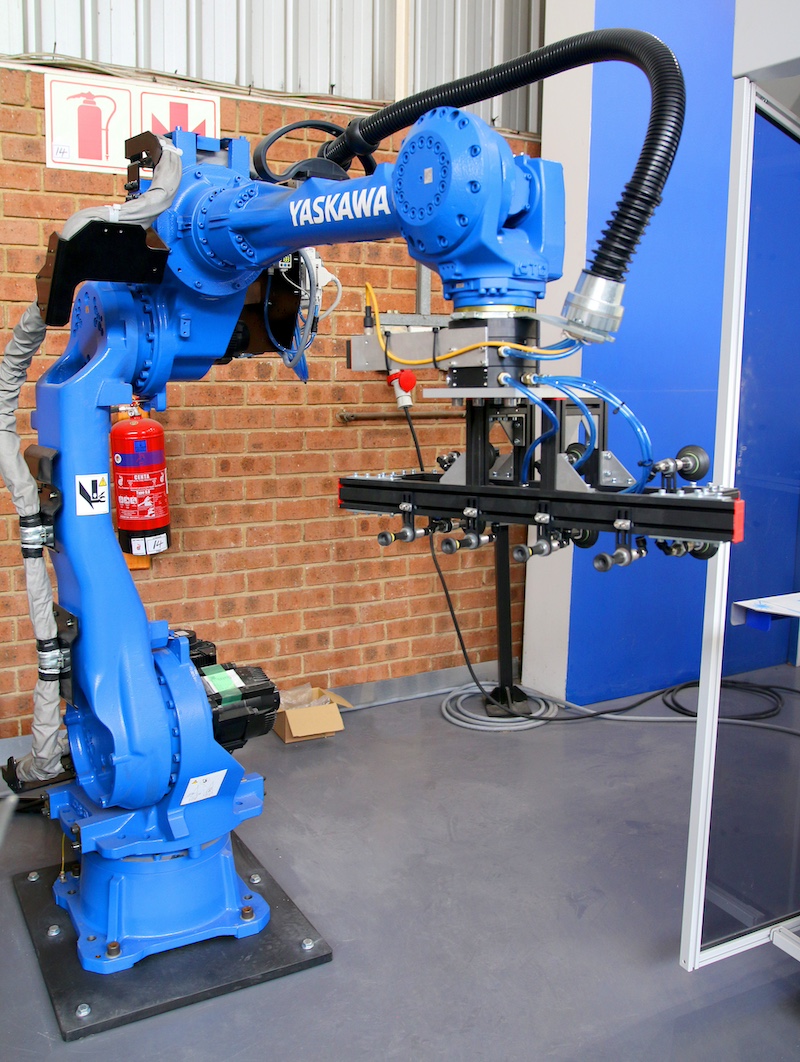
Why Artificial Intelligence Matters in Robotic Technology
Part of one of the world’s largest automation and robotics companies, Yaskawa Southern Africa is a pioneer in innovative technologies, not least when it comes to adopting burgeoning trends and automated solutions.
Artificial intelligence (AI) has emerged as a groundbreaking force in a plethora of sectors, including transportation, healthcare, finance, and agriculture.
In the realm of robotics, AI is redefining the landscape, as well as human-machine interaction. Andrew Crackett, managing director of Yaskawa, provides some insight into the role of AI in robotics technology, its advantages, challenges, and makes his predictions on what is to come in the future.
The speed at which AI is being integrated into our rapidly advancing digital world makes it imperative for all industries to welcome its adoption, which is especially true for robotics.
Crackett praises artificial intelligence as “the cognitive powerhouse behind the physical capabilities of robots, influencing everything from design and functionality to adaptability in diverse environments”.
AI provides robots with unmatched precision and efficiency, optimising actions through machine learning algorithms for enhanced productivity and accuracy.
In addition, it improves safety standards as its integration enables robots to navigate complex environments, detect potential hazards, and execute tasks with a focus on minimising risks, which promotes human worker safety.
AI also enables robots to make split-second decisions based on data analysis – a critical capability in dynamic environments like manufacturing floors or autonomous vehicles that work along the production line.
However, it is equally critical to acknowledge AI’s potential shortcomings. As AI becomes standard in robotics, ethical concerns may arise, which demand careful consideration and regulation regarding the ethical use and accountability of AI-driven robots.
Crackett says: “Overcoming challenges and addressing any limitations in current AI models is essential for the continued advancement of AI-driven robotics.”
Harmonious collaboration between AI-driven robots and human workers is necessary, as the integration of robots, more specifically, collaborative robots (cobots), needn’t mean the elimination of manual labor jobs.
Cobots are designed to work alongside humans, taking on more labor-intensive tasks, freeing up capacity for upskilling and career development.
The future looks promising for AI and machine learning. Robots are capable of adapting, learning, and performing increasingly complex tasks.
Crackett says: “Synergy between humans and robots is key, with AI facilitating seamless collaboration, complementing human skills and augmenting workforce capabilities.”
A focus on ethical development is imperative for the future of AI in robotics, ensuring transparent and ethical AI practices to build trust and ensure responsible deployment across industries.

